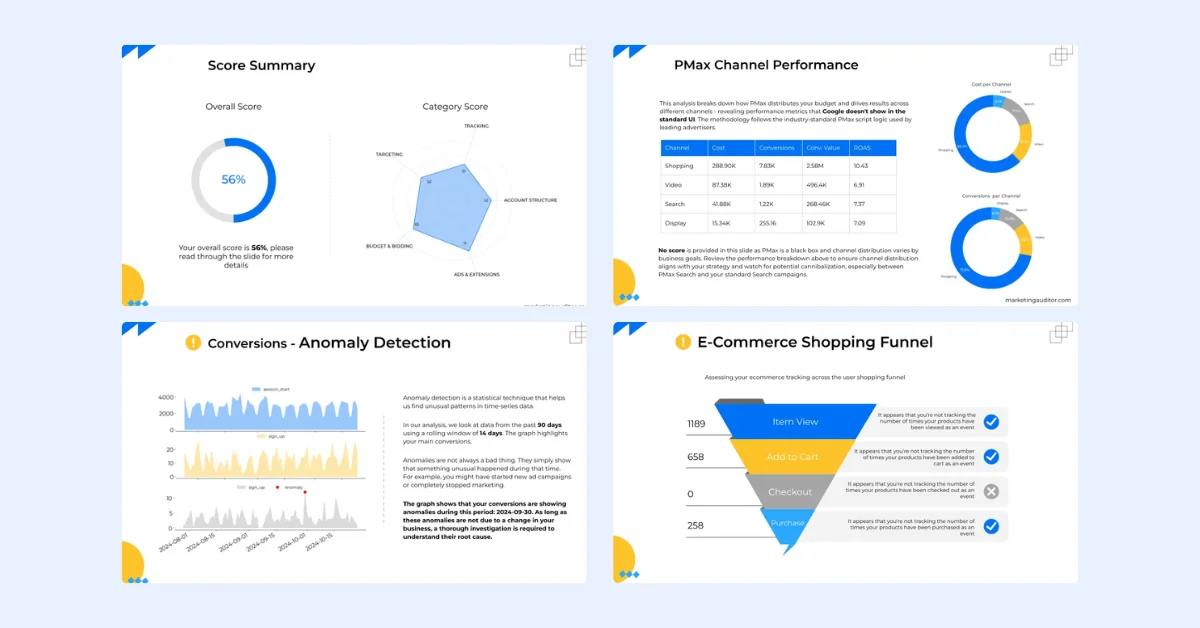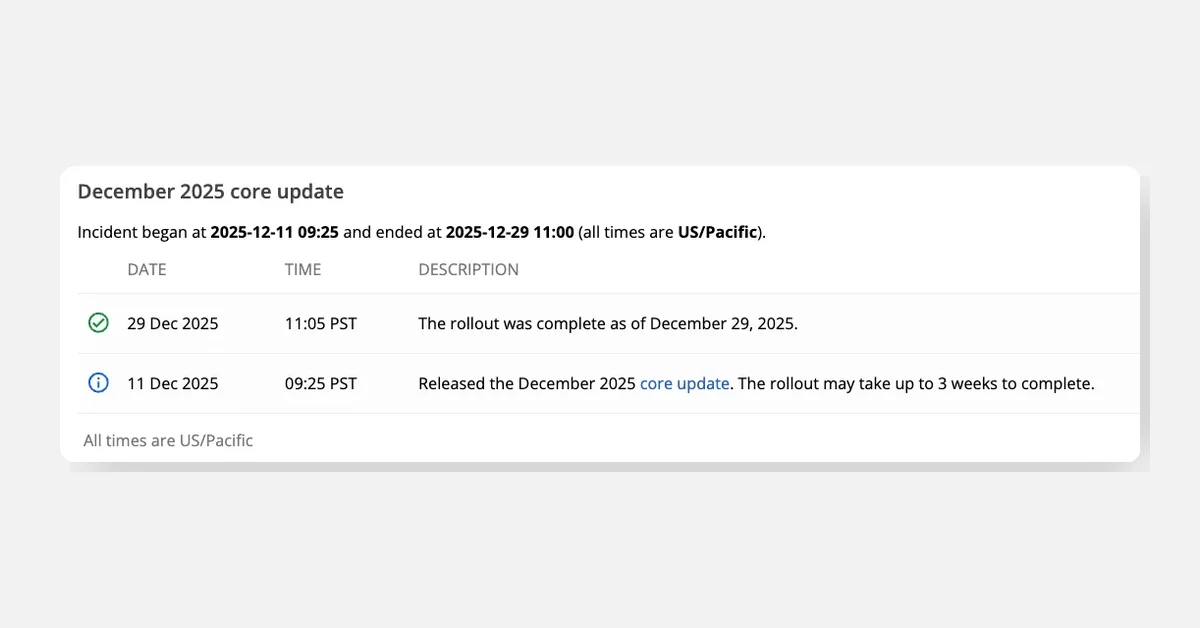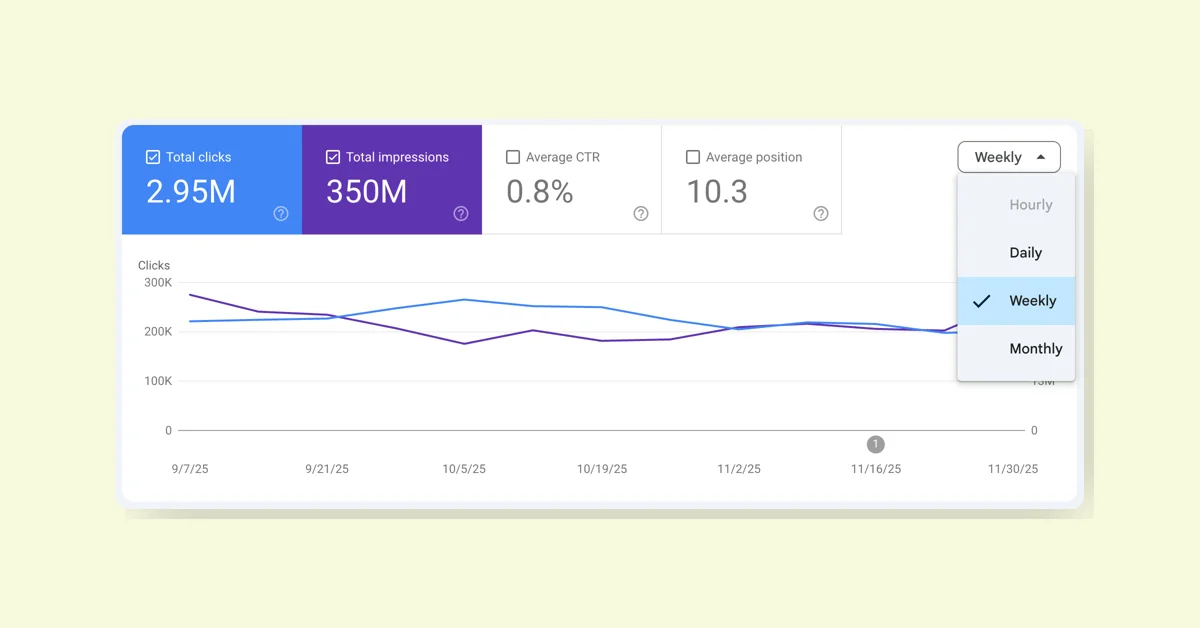A federal judge, Amit Mehta, ruled that Google violated US antitrust law by maintaining a monopoly in the search and advertising markets. This decision is a significant victory for the Department of Justice (DOJ), which accused Google of monopolizing the online search market. However, Mehta did not agree with all of the government's arguments, particularly rejecting the claim that Google has monopoly power in a specific part of the ads market. He did agree that Google holds a monopoly in "general search services" and "general search text advertising."
Key Points of the Ruling
- Monopoly Status: Judge Mehta concluded that Google is a monopolist and has acted to maintain its monopoly, violating Section 2 of the Sherman Act.
- Exclusionary Contracts: Mehta rejected Google's argument that its contracts with phone and browser makers like Apple were not exclusionary.
- Market Dominance: Google’s monopoly in general search increased from about 80% in 2009 to 90% by 2020, with Bing holding less than 6% market share.
- Search Text Advertising: Google’s exclusive agreements allowed it to raise prices on search text ads without meaningful competitive constraints.
Implications and Reactions
- Future Proceedings: The ruling addresses Google's liability but not the remedies, which will be determined in the next phase. Potential outcomes could range from mandates to stop certain business practices to a breakup of Google’s search business.
- Google's Response: Google plans to appeal the ruling. Kent Walker, president of global affairs, stated that Google will continue to focus on making helpful and easy-to-use products.
- DOJ's Reaction: Jonathan Kanter, DOJ antitrust chief, hailed the decision as a landmark that holds Google accountable and paves the way for future innovation.
- Industry Reactions: DuckDuckGo applauded the decision but acknowledged that the journey ahead is long, noting Google's resistance to changing its conduct.
Broader Context
- Tech Monopoly Cases: This decision is the first in a series of tech monopoly cases brought by the US government in recent years. Other tech giants like Amazon, Apple, and Meta also face monopolization lawsuits.
- Upcoming Trials: Google will face another trial against the DOJ in September over its digital advertising technology business.
Trial Details
- Witnesses and Evidence: The trial included testimonies from key industry figures, including Google CEO Sundar Pichai, Microsoft CEO Satya Nadella, and Apple executive Eddy Cue.
- Financial Details: One significant revelation was that Google paid Apple $20 billion in 2022 to secure the default search engine spot on iPhone browsers, sharing 36% of search ad revenue from Safari with Apple.
Conclusion
Judge Mehta's ruling that Google is a monopolist in the search and advertising markets marks a pivotal moment in US antitrust law, setting a precedent for how century-old antitrust laws are applied to modern digital markets. The next phase will determine the specific remedies and could have far-reaching implications for Google's business practices and the broader tech industry.



















